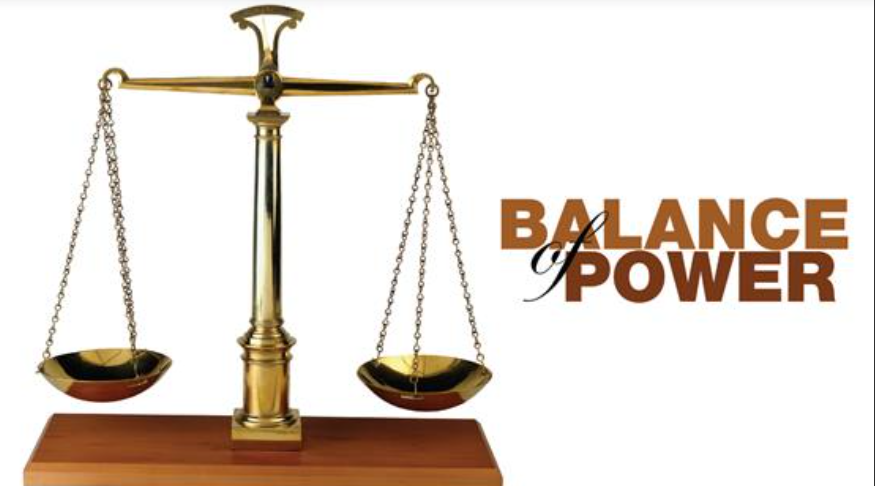Islam made laws for everything to avoid unnecessary conflicts between the people. These laws are known as the Shari Law or Islamic Law. They are based on the traditions of the Prophet Muhammad (SAW) and the Quran.
Family matters, property matters, succession, and criminal matters are covered in the Shari’a law courts. Most people think Islamic law is non-uniform and complicated. But the key elements of Islamic law are usually the same.
Many organizations provide instructions about Islamic laws and Lottrips is one of them. The Lottrips provide the best Umrah Packages from Dubai and the best Islamic guide. Islamic inheritance law sets out rigid and strict inheritance rules that help Muslims to divide their state between heirs on death.
Under Islamic law testamentary freedom is restricted to one-third of the Deceased’s net estate after deduction of all funeral and debts expenses.
The remaining two-thirds of the property is divided according to Sharia. Now, let’s go through all the Laws regarding state division to evenly divide the Inherited property according to Islam.
How is the Estate Divided in Islam?
Any property in Islam is divided according to the hierarchy of three classes of heirs. The first class is referred to as the Quranic Heirs also called Sharers. The remaining two groups are called the residuary Heirs.
First Class of Heirs (Quranic Heirs)
10 heirs will always inherit if they manage to survive the Deceased. They include the son, daughter, father, mother, husband, and wife. The first group of heirs takes a predetermined share but they all can not inherit at the same time.
They can either take one-half, one-eight, one-quarter, one-third, two-thirds, or one-sixth. Also, some may exclude others. These Quranic Heirs are
- Four Males: Husband, Father, Maternal brother, and Paternal Grandfather. A Husband will get half the property of his deceased wife if she has no kids. If she has kids then the Husband will get a quarter share.
- Nine Females: Wife, Daughter, Full sister, Son’s daughter, Mother, Maternal sister, Maternal grandmother, Paternal grandmother, Paternal sister. A wife will get a quarter share of her deceased husband’s estate if he has no kids. If the deceased has kids then the wife will get one-eighth of the property.
In addition, usually, sons inherit twice as much as their sisters when one of their guardians dies. In the absence of kids, the remoter or grandchildren issue would inherit although the daughter’s kids are not allowed to inherit even if the daughter has died.
Second Class of Heirs (Residuary Heirs)
If there is anything left in the property after the Islamic heirs take their specific shares, the second class of heirs inherits the balance. The second group of Heirs includes siblings and grandparents.
But they do not have a fixed share. The residuary heirs are ranked in the order of priority. For Example, a daughter and son take any left balance after the specified shares.
If there are no kids then the siblings take the remaining balance. But if there are no siblings then the nephews take the remaining balance and so forth.
Third Class of Heirs
If no Quranic and Residuary Heirs survive then the estate goes to the third class of Heirs. They are also known as Uterine Heirs, Distant Kindred, or Outer Family. The third group involves
- Maternal and paternal uncles and aunts
- Descendants from daughters
- Descendants through grandparents
- Grandparent’s descendants through a female
In addition, there are some Islamic rules related to half brothers, sisters, and step-parents. Half-sisters and brothers can only inherit if full brothers and sisters are not alive at the date of death.
Furthermore, adopted kids are not considered the couple’s own. That’s why they are not within primary heirs. But the deceased can leave adopted kids a bequest from one-third of his/her estate over which he/she has testamentary freedom.
He/she can also give them lifetime gifts. The remaining one-third of the property share provides some degree of testamentary freedom. Muslims only need to make sure the property distribution must comply with Sharia.
English Law and Sharia Compliant Wills
Indeed it is important to comply with Sharia Law. But it is also necessary to ensure that your Will bonds to the principles of Islam, remains tax efficient, and is compliant with the Laws of the region in which you are living.
Planning for the future is the best way to preserve your assets and mitigate tax. Dying without a Sharia-compliant Will may result in your property being complex and hard to administer. The process will also become costly.
Furthermore, it means that assets will be distributed according to the rules of the region you are living in. These do not involve provisions for Sharia compliance. Many companies provide their best services to help people to write the correct Will.
It is better to take these services to avoid unwanted family conflicts over property. Moreover, it is advised to read all the Islamic rules of Inheritance to save time, conflict, money, and unwanted hatred toward each other.
Read More: Business Zag

